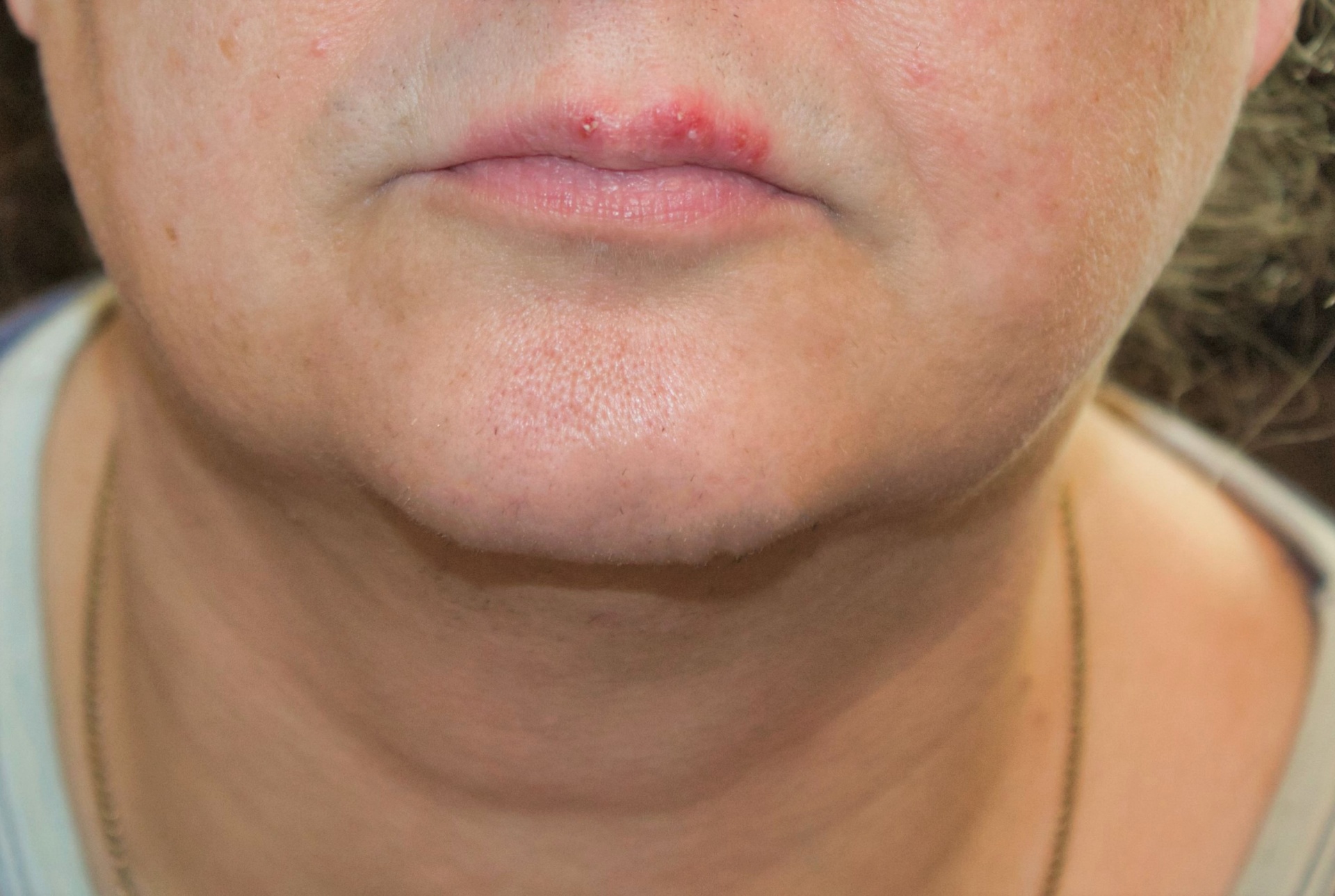A Sore throat or burning throat is a common issue caused by Flu or an illness. It can manifest as a symptom of something simple as congestion or fever or a sign of an underlying health issue. You wake up with a disturbed throat that might fade away with simple saline water gargling or some home remedies. But if it persists for several weeks with additional health issues, you must seek medical attention.
The article discusses common causes and symptoms of a burning throat and suggests some effective home remedies to treat a burning throat.
Causes of a burning throat
A few of the several causes of the burning throat are:
Viral infection: Virus is a microorganism made of genetic material inside a protein coating. It can cause various diseases, such as influenza or Flu. It can also trigger severe illnesses, such as Ebola and COVID-19. One common cause of soreness and discomfort in the throat is pharyngitis( sore throat), inflammation in the pharynx caused by a virus or bacteria that gets into one’s blood system. The first sign that something is a bacterial or viral infection is usually the appearance of associated symptoms. A viral infection usually causes a cough and runny nose, as well as swelling in the throat. On the other hand, a bacterial sore throat can cause nausea and vomiting.
Symptoms of Burning Throat due to viral infection:
- Sore throat accompanied by cough and runny nose.
- A burning sensation in the throat
- Swallowing and talking becomes harmful due to a throat infection
- Swollen glands around the throat
- Inflamed and reddish tonsils
- The throat feels dry and irritable itchy.
- Other symptoms include congestion and body aches.
Although viral pharyngitis doesn’t have a specific treatment, it can be treated by adding salt to a glass of warm water and gargling. The method can help relieve the symptoms. Taking plenty of healthy fluids and giving ample rest to the body help beat a viral infection faster.
Gastroesophageal Reflux Disease (GERD)
GERD is a type of digestive disease that occurs when the stomach acid or bile flows back into the food pipe. Gastroesophageal Reflux Disease or acid reflux occurs mainly due to the weakening of muscles in the digestive tract. Some of the symptoms of this condition include heartburn and a burning sensation in the throat, which can occur frequently. A burning feeling in your chest, which can be worse at night, is one of the most common symptoms of GERD. Other symptoms are difficulty swallowing and a lump in your throat.
Symptoms of GERD:
- Persistent burning sensation in the chest (heartburn).
- Sour tastes in the back of the tongue.
- Acidic burps.
- A lump feeling in the throat accompanied by difficulty in swallowing.
- Variance in the vocal tone.
- Vomiting acidic stomach fluids at certain times
- Dryness in throat and cough.
Some of the most common food and drink items that people with gastroesophageal reflux disease (GERD) avoid are alcohol, caffeine, and carbonated drinks. Include vegetables, fruits and milk derivatives in the diet. Eating smaller portions and slower eating can help control GERD. Maintaining a healthy weight and improved lifestyle habits could help.
Burning mouth syndrome
Burning mouth syndrome is a medical term referring to persistent or recurrent discomfort in the mouth that doesn’t go away. This discomfort can affect various parts of the mouth, such as the tongue, lips, cheeks, roof of the mouth, and fingers. The burning mouth syndrome creates a burning or tingling sensation in the mouth that lasts for several days or weeks. It is hard to diagnose since it can manifest in different ways.
Burning mouth syndrome caused by acid reflux occurs when the stomach acid gets back into your mouth. Other causes include allergic reactions to certain materials used in making dentures, depression, and changes in hormones caused by diabetes, thyroid disease, or menopause. Dryness in the mouth due to treatments, such as radiation therapy or Sjogren’s syndrome.
Symptoms of Burning mouth Syndrome:
- A burning sensation on the roof of the mouth, cheek and throat.
- Difficulty in swallowing
- Dry cough and sore throat
- Mouth has a metallic or bitter taste
The burning sensation in the throat can be relieved by increased fluid intake or eating. Avoiding acidic and spicy foods can help reduce burning mouth syndrome. Practicing yoga or other fitness regimes to control weight will also help reduce the burning throat.
Tonsillitis
Tonsillitis is a type of inflammation that affects the tissue that covers the back of the throat. It can manifest in symptoms such as a sore throat and difficulty swallowing. Lymph nodes and swollen tonsils are symptoms of Tonsilitis. Most Tonsillitis cases are caused by a common virus, though bacterial infections can also cause the illness. It’s better to get a diagnosis and treatment that’s right for you. If the symptoms are severe or last for a long time, surgery to remove the tonsils is done. However, it’s usually only performed if the condition doesn’t respond to other treatment options and causes serious complications.
Symptoms of Tonsillitis:
- Redness of the tonsils tissue.
- Loss of appetite and difficulty in swallowing.
- Some might experience bad breath and swollen glands around the neck.
- Tonsillitis in kids might cause nausea and vomiting.
- Difficulty in talking and voice tone change.
The treatment for tonsillitis will depend on the cause of the illness. If caused by bacteria, antibiotics help treat it. However, they can be one-time injections or pills. Getting enough sleep and drinking warm or cold fluids help decrease inflammation. Eating smooth and warm foods helps reduce the pain. Using a cool-mist humidifier and medications such as benzocaine or ibuprofen to numb the throat can also help treat Tonsillitis at home.
Postnasal drip
The mucus produced by the glands in the nose, throat, stomach, and intestinal tract is a thick, wet substance that helps keep foreign invaders such as viruses and bacteria from entering your body. If your body produces more mucus than required, it becomes more noticeable. The excess comes out of the nostrils as a runny nose. When the mucus flows down the back of your nose, it’s called a postnasal drip.
Symptoms of Postnasal drip:
- A persistent cough that worsens at night.
- Sore and itchy throat
- Infection in the ear duct or sinus
Getting enough rest and fluids intakes can reduce the effects of postnasal drip. Consuming warm and nutritious soup and avoiding viral infections can also help.
Strep throat
Strep throat is caused by a type of bacteria known as group A streptococcus and spread through the nose and throat. People infected with this bacteria can also get it from someone who is a carrier. If untreated it can lead to various health conditions, such as rheumatic fever and kidney inflammation.
Symptoms of Strep Throat:
- Sore throat and high fever.
- Swollen glands in the neck.
- Loss of appetite and red spots on the mouth.
- Inflamed and reddish tonsil.
- Nausea, vomiting and body aches.
- Rashes on the body
- Cough, runny nose and change in voice.
Various ways can help ease the pain that you’re experiencing. Some of these include: Gargling with a mixture of warm water and salt to relieve the discomfort. Drink warm fluids and keep hydrated to prevent dehydration. When eating soft food, choose items such as soups or cereals. Drinking citrus drinks like orange juice can also help ease the pain. Honey can also help decrease inflammation. Use a saline nasal spray or a humidifier to keep your airways moist.
Flu
The Flu, referred to as influenza, is a respiratory illness that can cause severe illness and even kill. It can affect people of all ages, including children and people with chronic diseases. The flu is caused by the spread of the virus from one person to another. When someone coughs, sneezes or talks, release tiny droplets into the air. These particles can land in the noses and mouths of people close to them. Less often, people get the flu by touching an object or surface and having the Flu virus on it.
Symptoms of Flu
- Sore throat and fever
- Runny nose accompanied by a headache.
- Fatigue and body ache
- Loss of appetite and tiredness.
- Cough and Nasal congestion.
Taking in plenty of fluids and good rest is the best solution to the flu. Warm fluids like ginger and herb-infused tea, soups and other healthy eating also help reduce influenza. Taking rest at home and maintaining low contact with others will prevent Flu from spreading among kids and colleagues
Symptoms of a burning throat
There are a variety of reasons why people experience a burning throat. Some of these include gastric reflux, LPR, and an inflamed esophagus. Other conditions such as postnasal drip can also cause this issue. Although these conditions are less harmful and untreated they can still lead to consequences.
Some of the common symptoms of a Burning throat or Sore throat are:
- Inflamed and reddish larynx.
- Cough, runny nose and Nasal congestion.
- Fatigue, body aches and loss of appetite.
- Fever and headaches
- Nausea or vomiting with stomach pain.
- Difficulty in swallowing and the food pipe feels blocked.
- Changes in voice and difficulty in talking.
- Sour or bitter taste.
- Swollen glands in the neck.
Effective Home remedies
Gargling: the best remedy for a burning throat is saline water gargling. Mix a few spoons of salt into lukewarm water and gargle five-six times a day. Gargling helps reduce sore throat faster and controls bad breath due to throat infection.
Honey: Honey is a natural food with lots of medicinal benefits. Honey helps soothe the itchy and inflamed throat. It will also help relieve cough and burning feelings in the chest.
Honey ginger candies: homemade throat lozenge with honey and ginger helps reduce sore throat within a few days. Both natural ingredients are very effective in treating viral flu.
Taking rest: sore throat is often accompanied by fever and body pain. Taking a good rest is the best solution to bring your body back to normal. Adequate rest helps the medication to act well and also helps you feel relaxed.
Plenty of fluids: increase water intake and it will help get rid of the sore throat causing viruses out of your system. Warm food like soups and cereals will make you feel energetic and also relieves sore throat and fever. The fluid intake helps soothe the throat and reduce inflammation.
Inhaling vapors: a very effective home remedy is to use a vaporizer to inhale mint or other herb-infused vapors. You could also use medicated tablets that dissolve in water and help reduce nasal congestion and open your sinus.
Conclusion
Any illness is best controlled and treated if it’s identified at the right time. A sore throat or a burning throat is the main symptom of a nasal cavity infection caused by bacteria or a virus. If the initial symptoms are identified and treated it will prevent larger health complications from occurring. Many effective home remedies help treat a burning throat. These remedies are effective in almost all cases. But if the symptoms like sore throat, difficulty in swallowing, body aches and fever continue for more than a week, you should seek medical advice.




